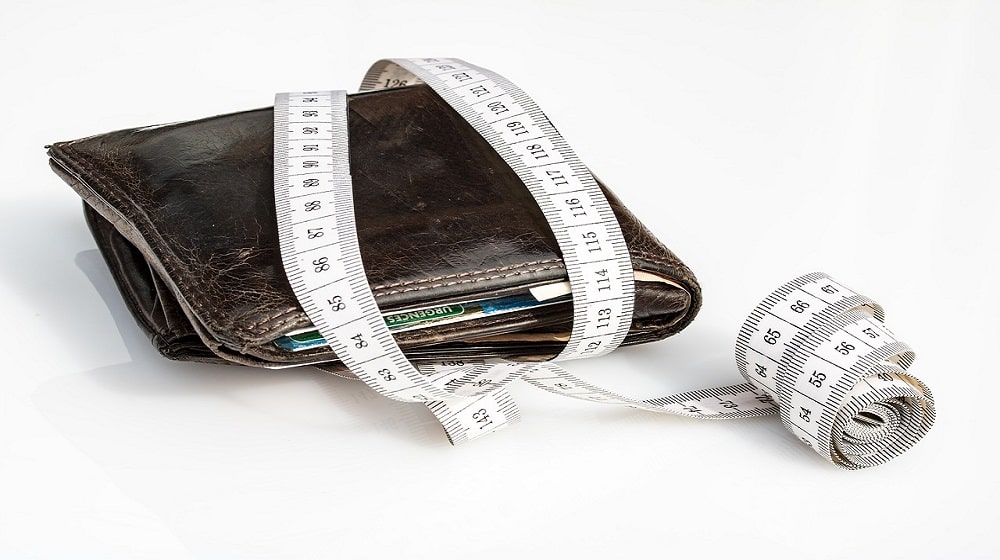What is bankruptcy?
Is it a phase in your financial life, or a permanent stain that can haunt your financial ordeals for a long time?
Bankruptcy can affect your life in so many ways – both bad and good.
Knowing what bankruptcy really is and how it can build or ruin you financially is important.
Then you’ll be able to assess whether it’s the best solution for you.
What is Bankruptcy? | Breaking Down the Facts & Reality
What is Bankruptcy Exactly?
What is bankruptcy?
There’s more to it than just the legal definition of the word.
If you are considering to file one, you need to understand how bankruptcies work.
It is not just a legal petition you can jump into to repay a long-standing debt.
Fact: It is a legal petition from a person or a business who is having a hard time repaying their debt. Protected by the Federal Bankruptcy Court.
How It Works: Filers can either liquidate assets to pay off their debts or provide a reorganization plan to pay off debt.
Pros: Filing bankruptcy provides an immediate solution to start new after eliminating debt.
Cons:
- Bankruptcy will always leave a mark in your financial health.
- It damages your credit score and remains on your credit report for at least 7 years.
- Being granted with bankruptcy may lead you to lose properties.
- Filing a bankruptcy may disqualify you from having another bankruptcy in the future.
Who Can File Bankruptcy?
Anyone can file for a bankruptcy, but will need to fulfill the requirements and qualify before reaping its benefits.
#BankruptcyFacts: Debt Collectors must stop trying to collect on a debt once bankruptcy is filed by a debtor. pic.twitter.com/yxJf80lbof
— CaspertAuction (@CaspertAuction) May 6, 2015
If you are really in deep financial turmoil, a bankruptcy would be the ideal solution for you. People who are honestly willing to pay their debts but are really having a hard time keeping up with the payments can benefit from a bankruptcy petition.
When to Declare Bankruptcy?
There is no ideal time to declare bankruptcy. It all depends on the current financial and emotional state of a debtor.
So, when is the right time to file bankruptcy?
- It would be practical to file bankruptcy if your personal life, health, and family are already affected by how you are stretching your income and finances to relieve yourself from debt.
- Harassment from your debtors and the possibility of facing foreclosure are also instances where it would be practical to file for bankruptcy.
Finding help, through bankruptcy may allow you to keep your small business, keep you sane or save a relationship.
RT FortuneMagazine “Takata is expected to file for bankruptcy on Monday https://t.co/YBG2ZGrVp0 pic.twitter.com/i1n3e5KWX3“
— Mena-Lee Ciara, VA (@menaleeciara) June 22, 2017
When is Filing Bankruptcy Not a Smart Choice?
It would not be advisable to file for a bankruptcy if you intend to escape your responsibility from your debtors.
Escaping from a creditor by attempting to fraud your bankruptcy is very different from relieving yourself from debt.
Attempting to fake bankruptcy may throw you out of court. Your bankruptcy case will be dismissed. Penalties and fines will be collected from you as well, depending on the severity of your bankruptcy fraud.
In some cases, it can escalate into a criminal prosecution.
A look at the financial metrics signaling #bankruptcy risk for $MNI in today’s post: https://t.co/UE6HF9aTX9 pic.twitter.com/5pICwvuVQh
— CreditRiskMonitor (@CreditRiskMon) June 15, 2017
Your debts will remain and the courts may have power and control over your possessions.
This can be liquidated to pay off your creditors or you will be asked to compromise and accept the debt in exchange for time in jail due to bankruptcy fraud.
What are Some Debts That Can’t be Covered By Bankruptcies?
You are not completely free from debt or financial obligations even after successfully qualifying for bankruptcy.
Here’s a list of debts not covered by bankruptcy:
- All types of educational loans
- Secured debts such as car purchases and jewelry
- Income tax liabilities
- Restitution due to financial loss or injury
- Child support
- Alimony
- Ex-spouse legal fees
Wall Street Survivor shares the basic concepts about bankruptcy in this video:
If you are leaning into filing bankruptcy to relieve yourself from the burden of debt, you might want to reconsider first. Filing a bankruptcy has a negative effect on your credit score. It is included in your credit report for several years.
You may want to weigh other possible options like debt consolidation loans before jumping into bankruptcy. Bankruptcy should always be a last resort option for any individual or business, because this may affect your financial credibility for a long time.
Did you ever consider filing for bankruptcy? Share your stories in your comments section!
Still confused on whether to you’ll file for bankruptcy or not? Let this article on Should I File Bankruptcy guide you.


